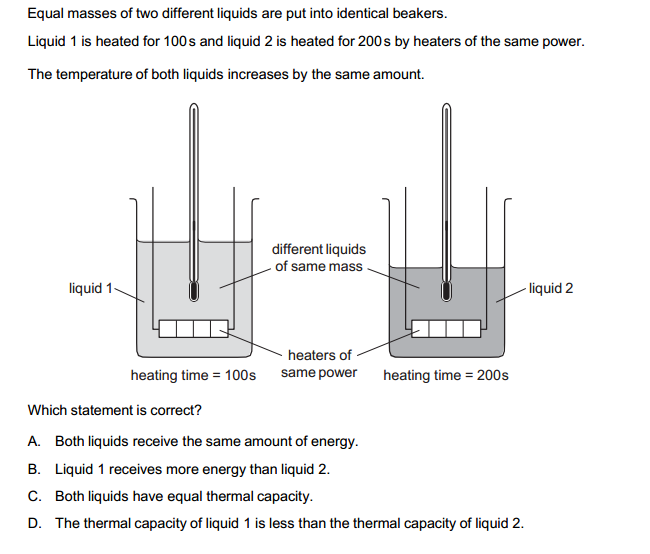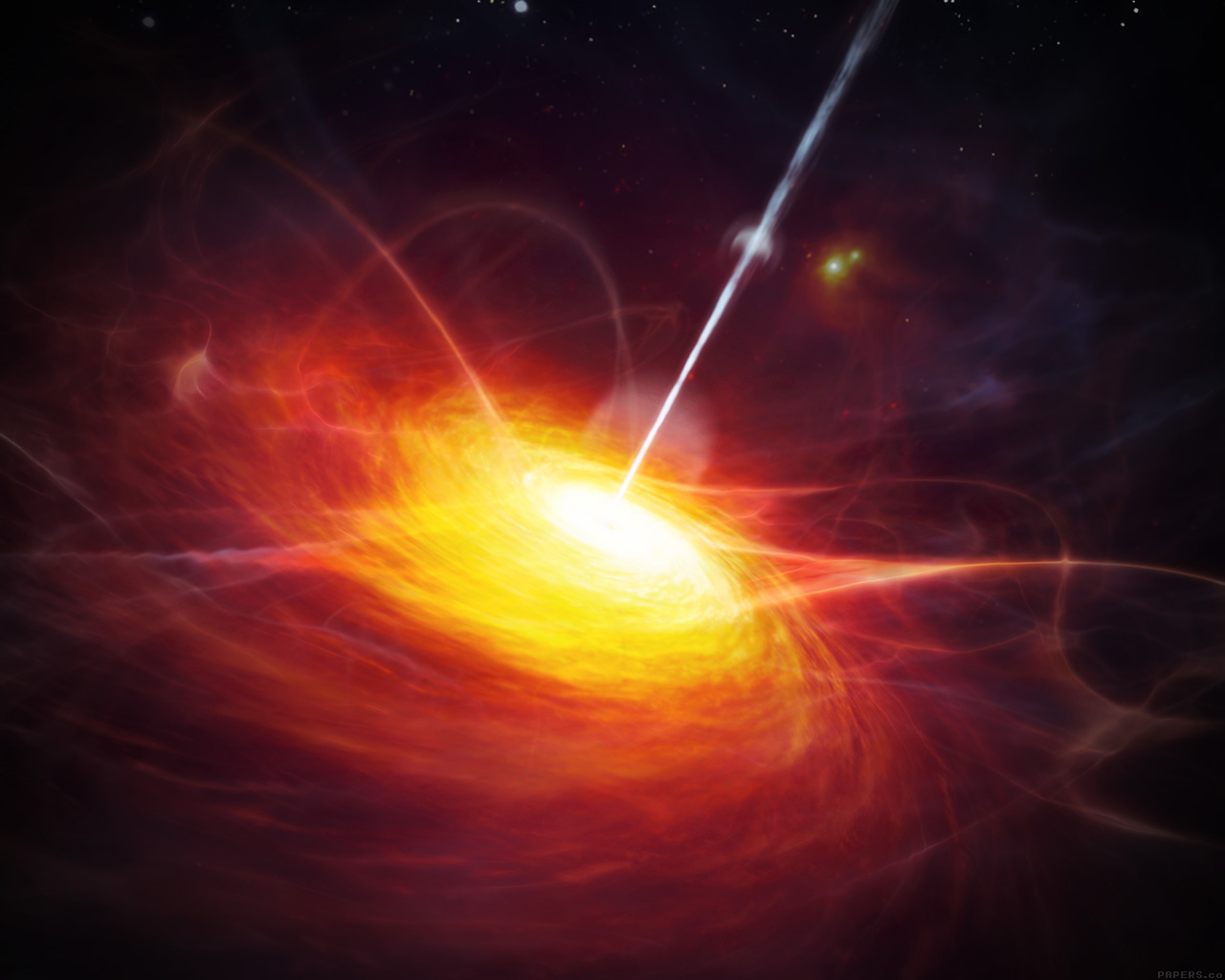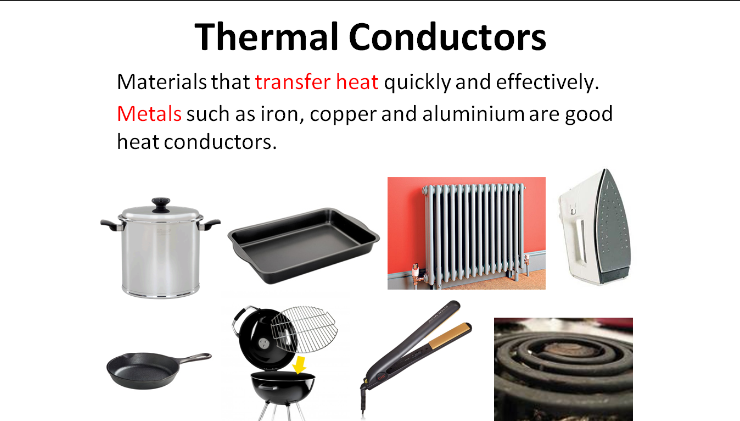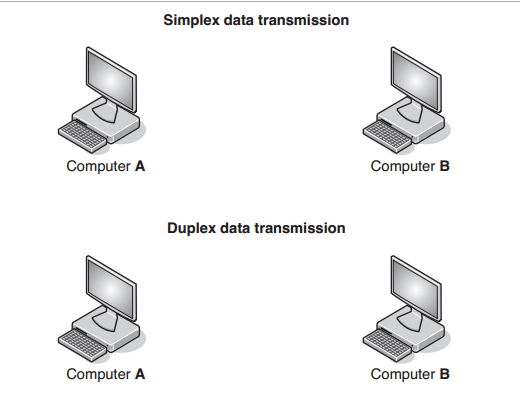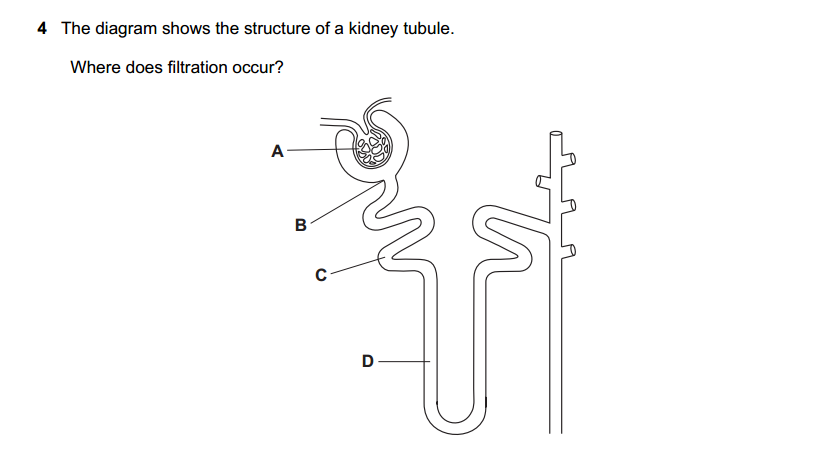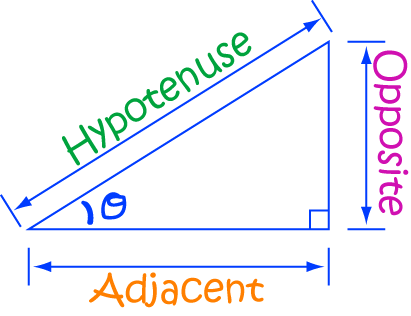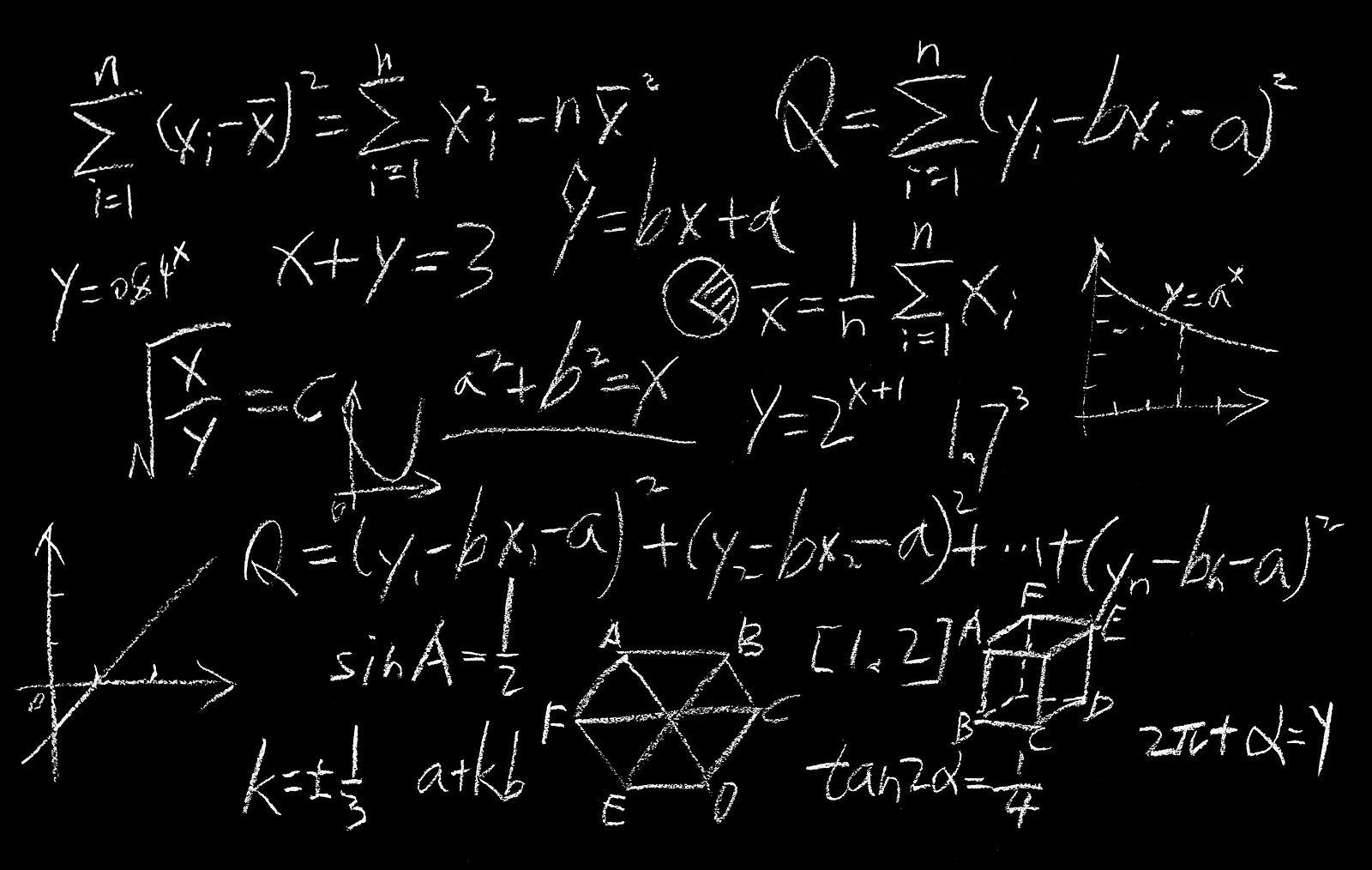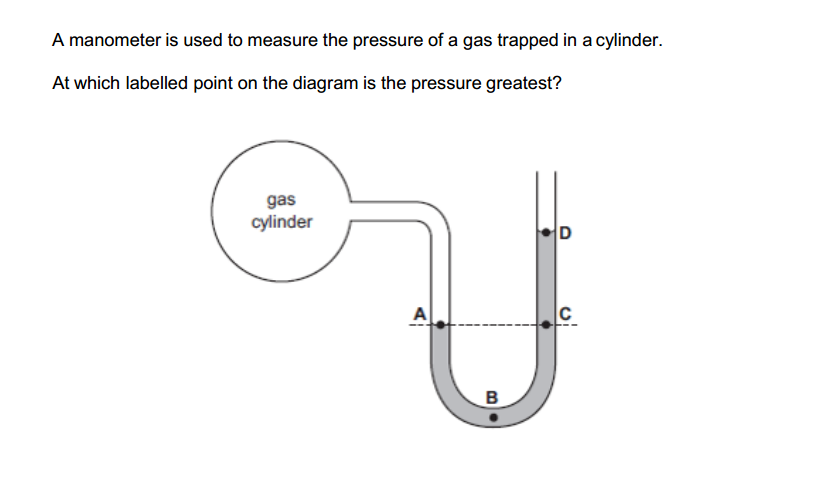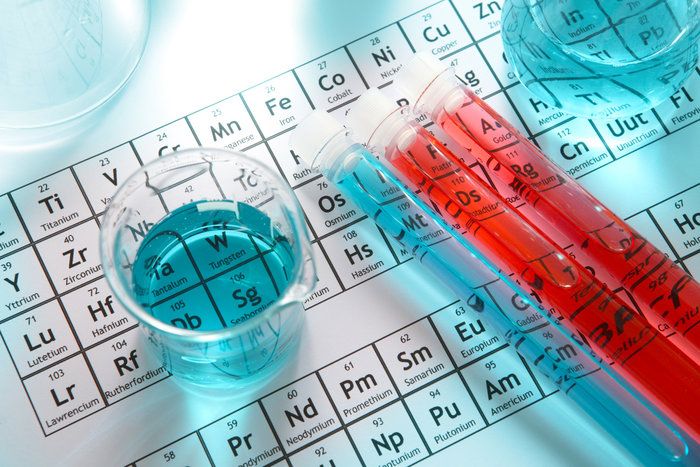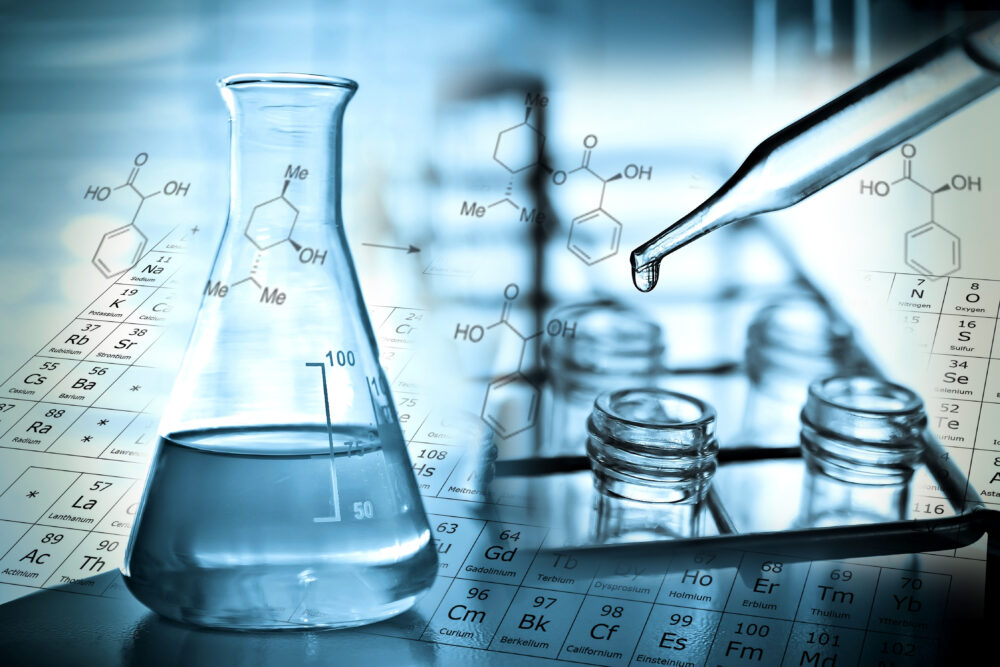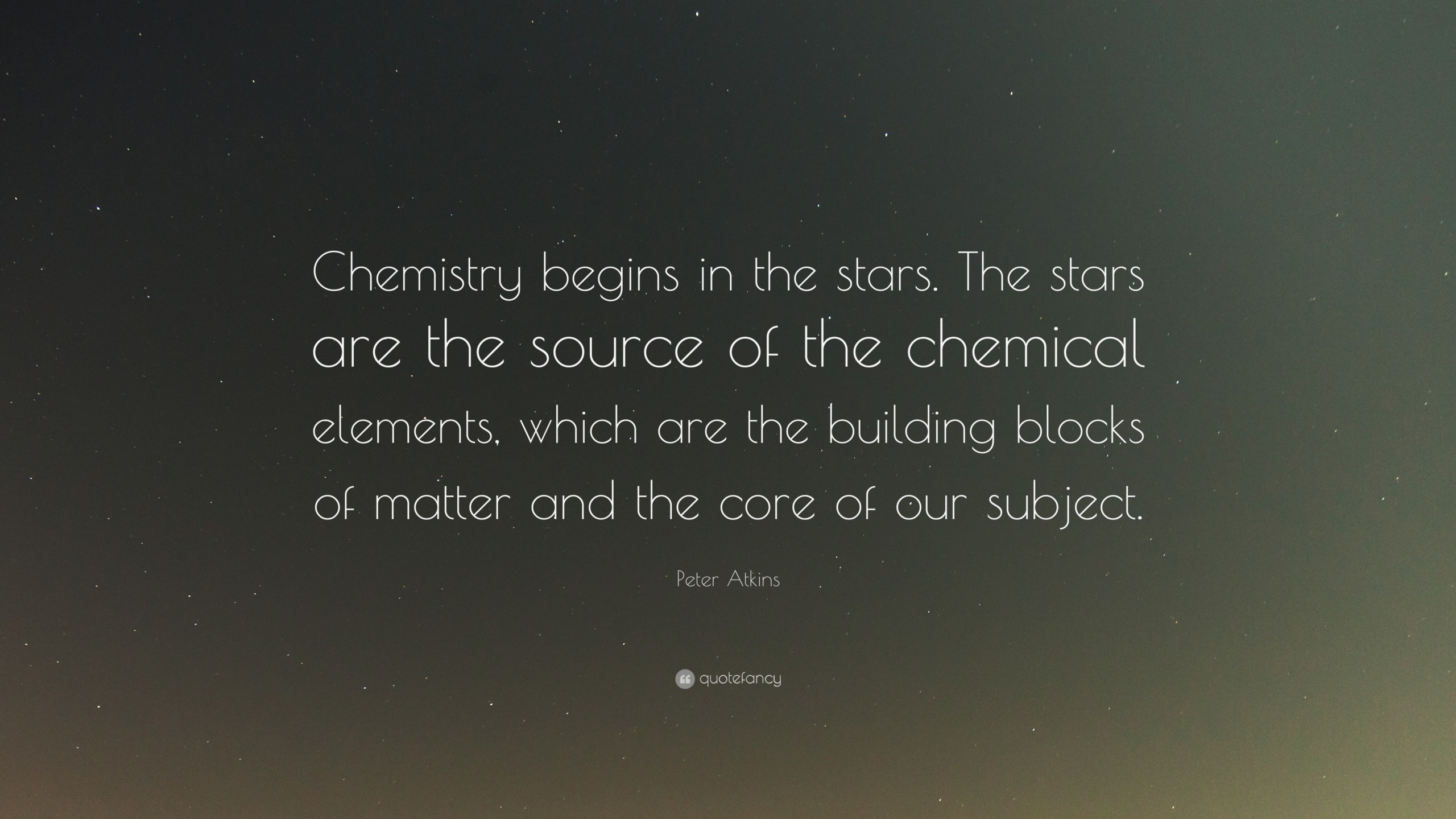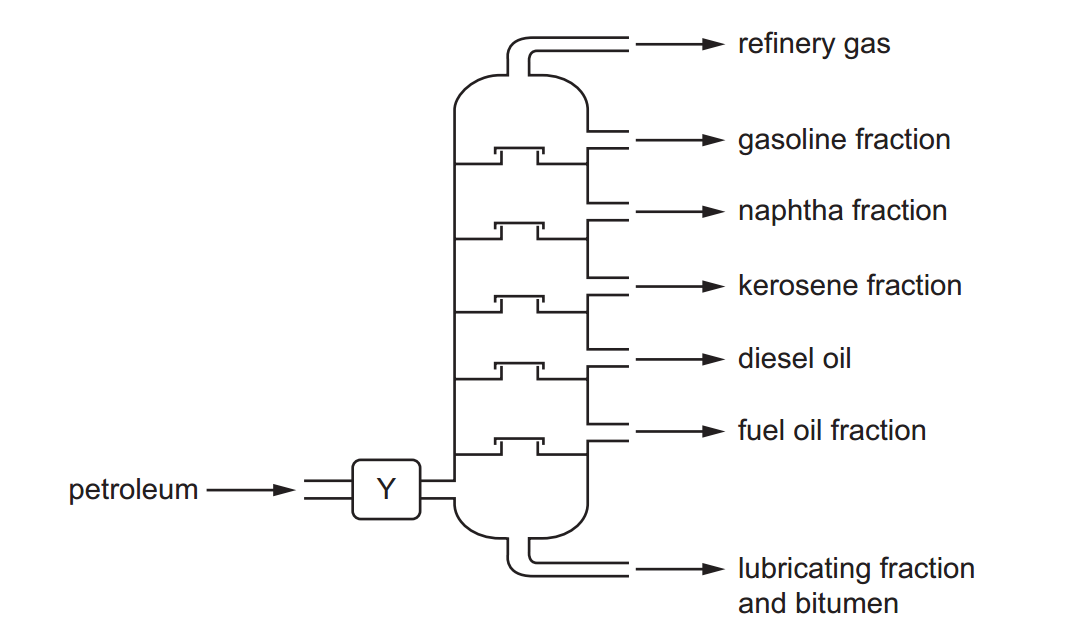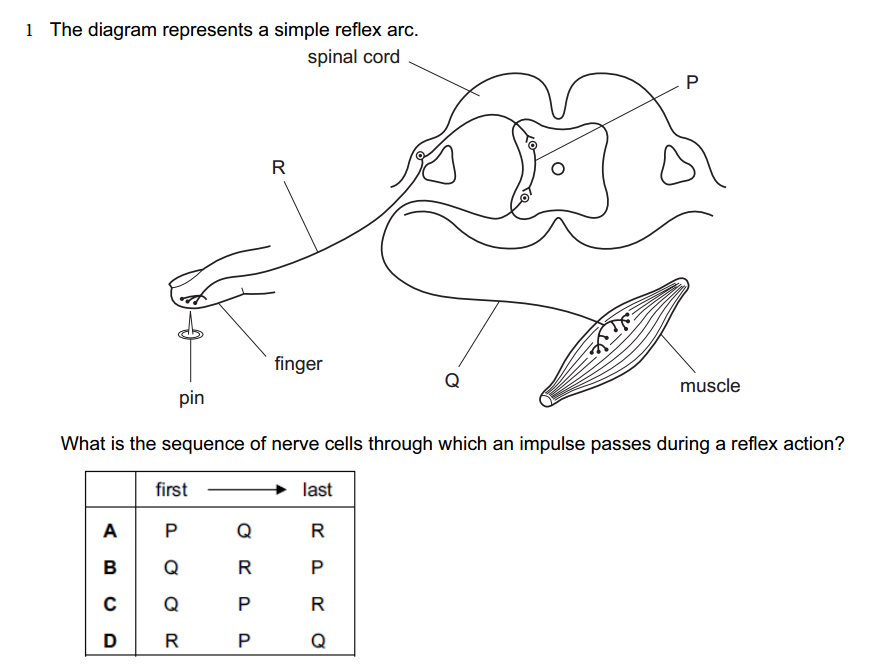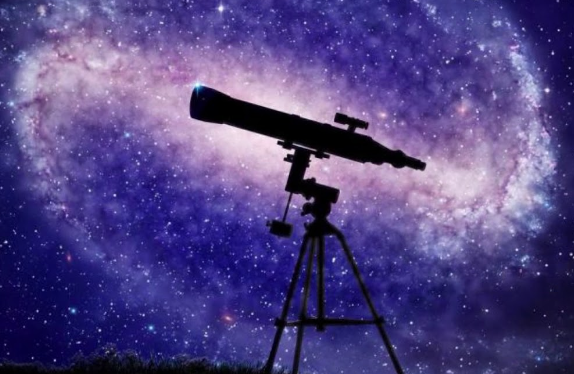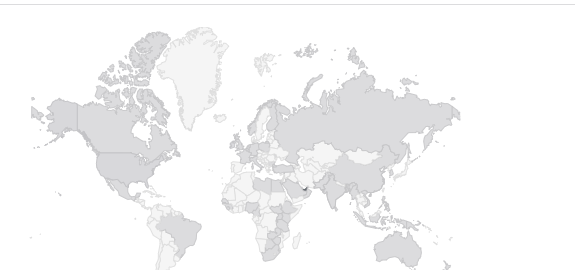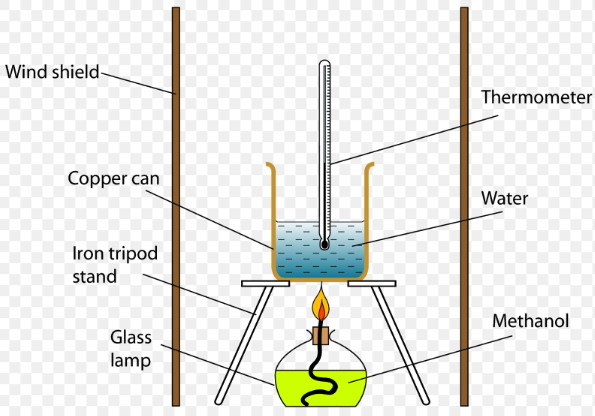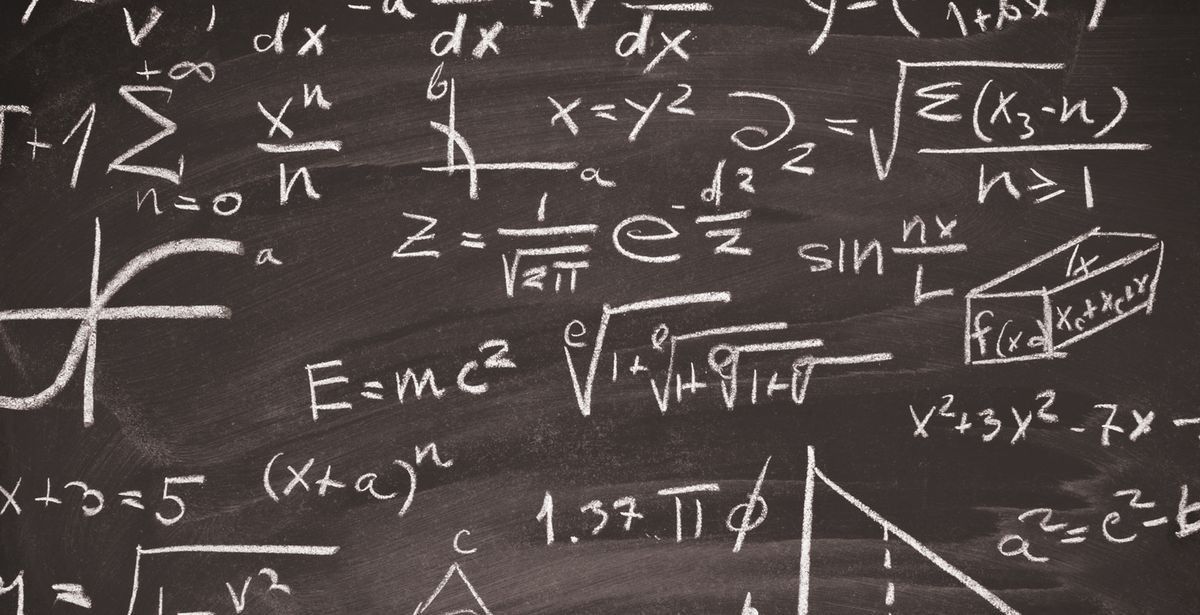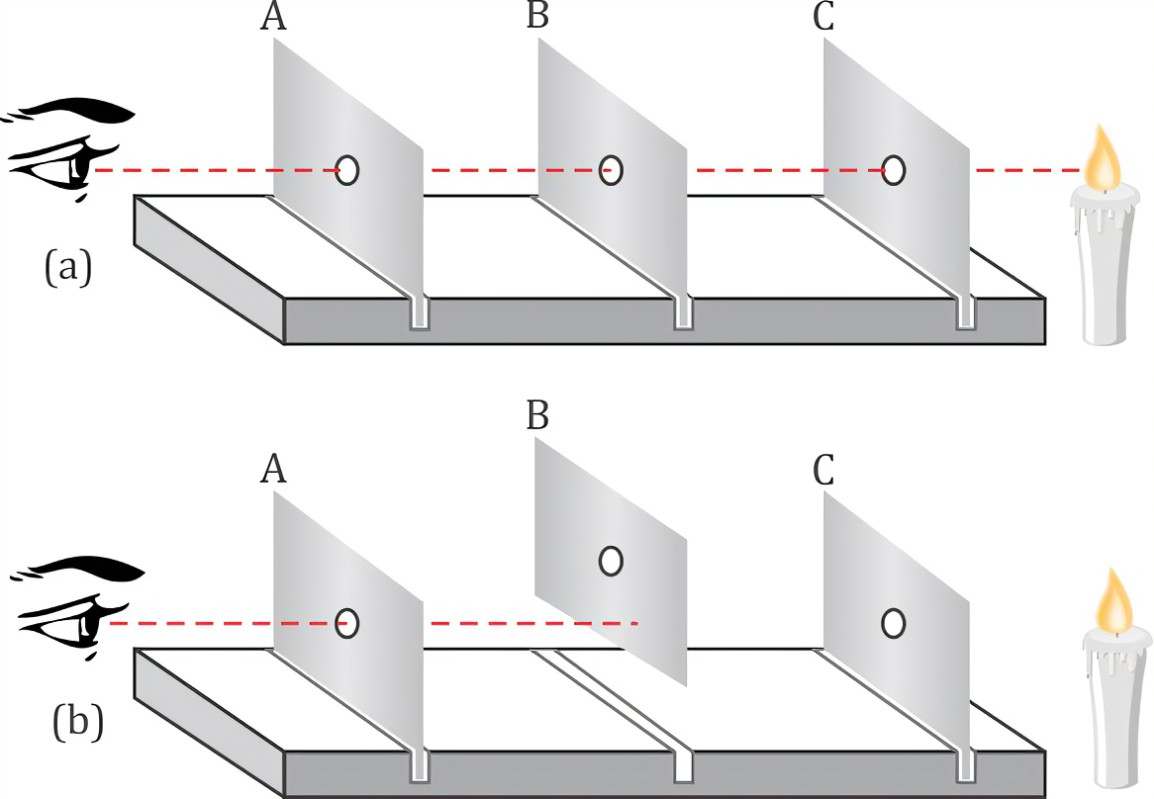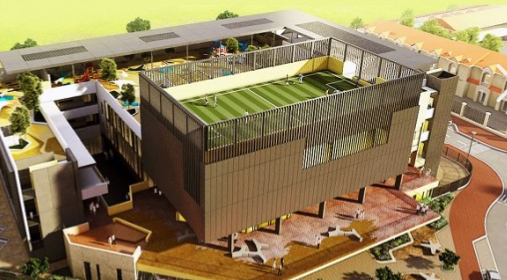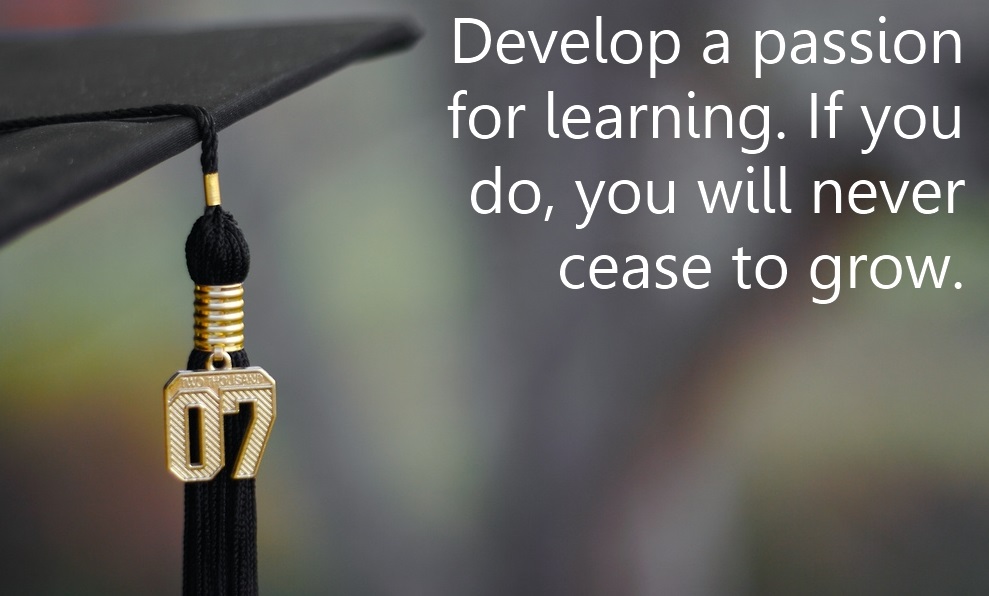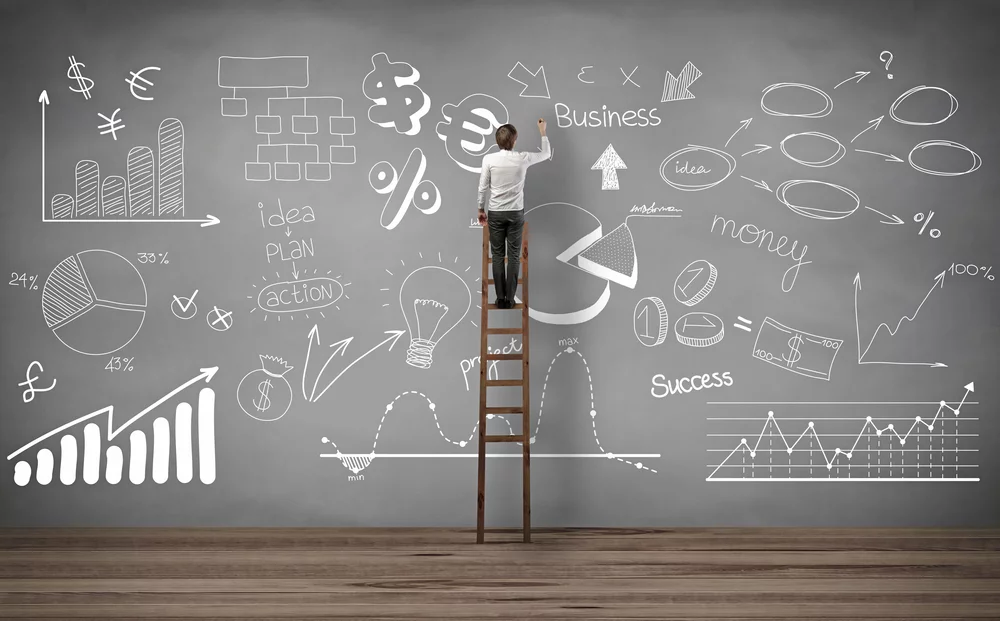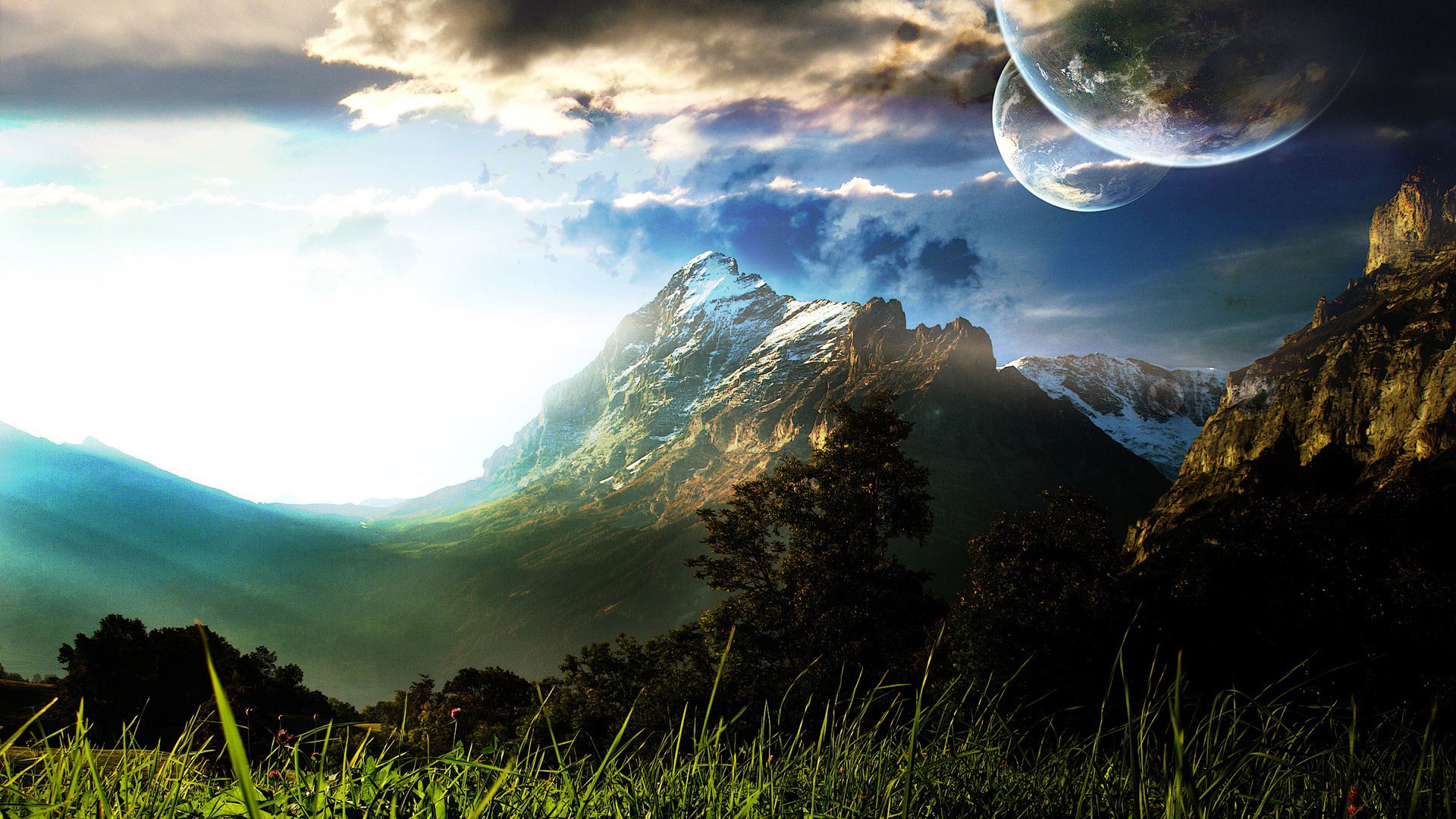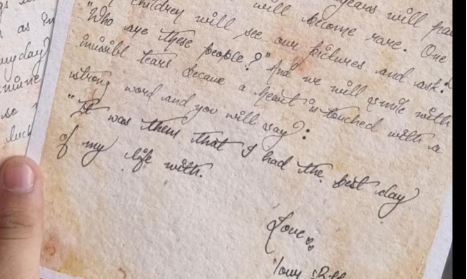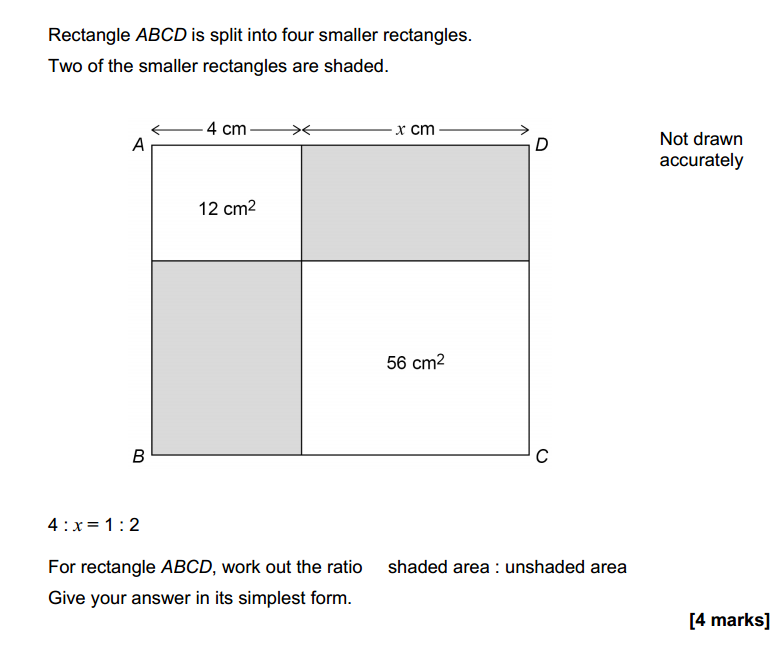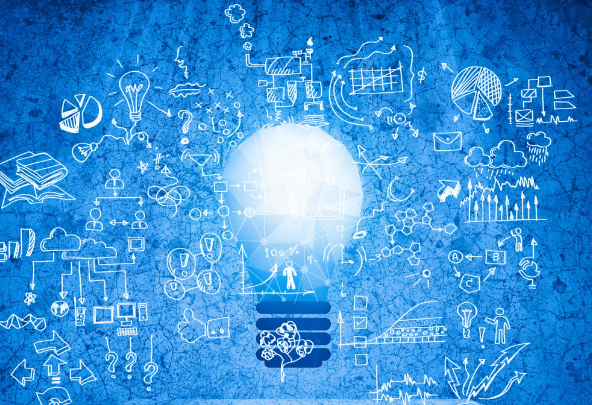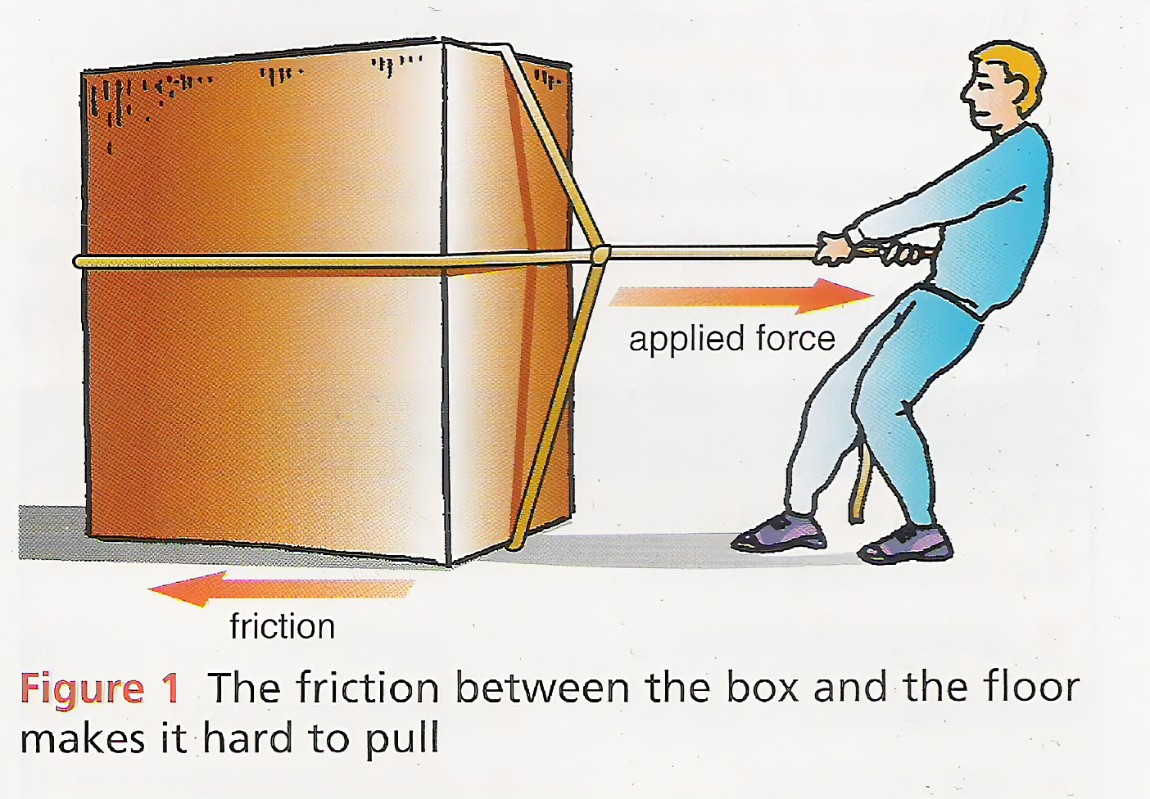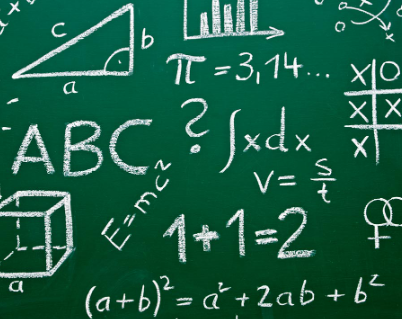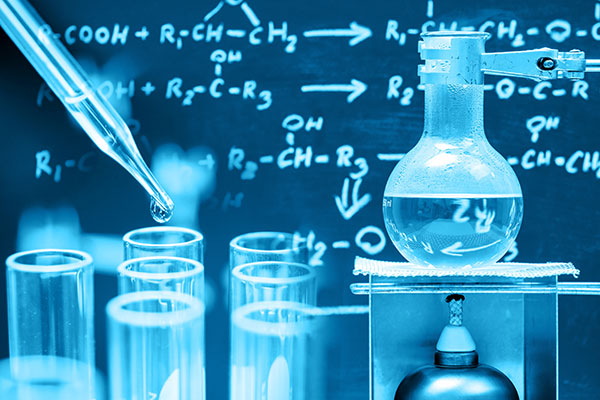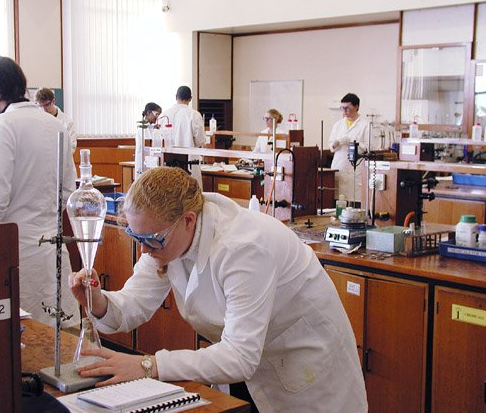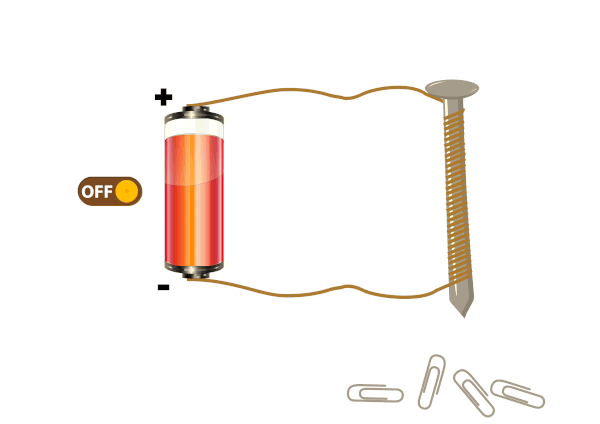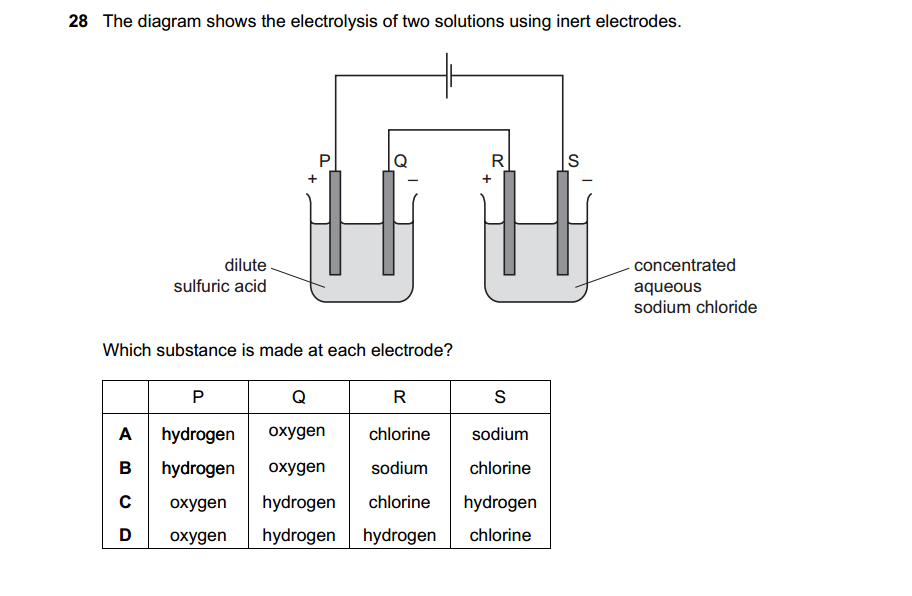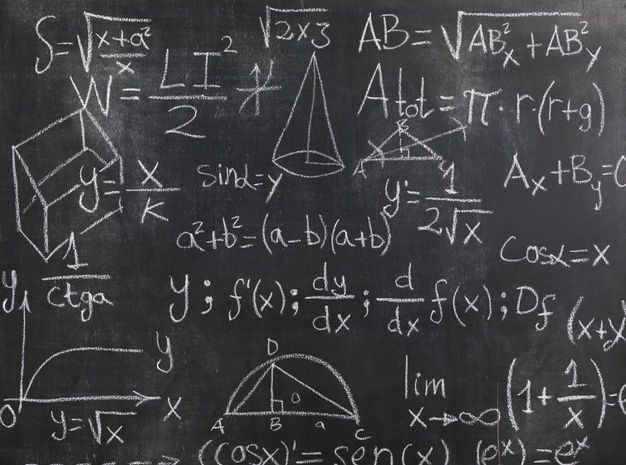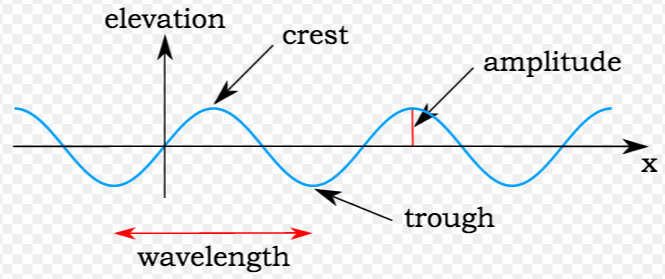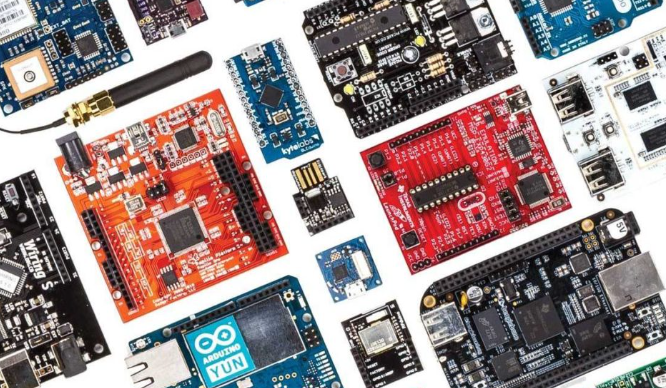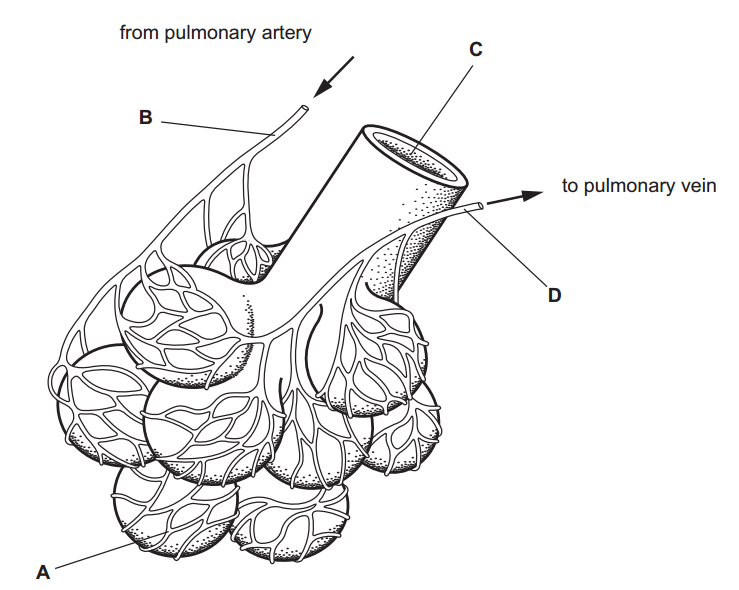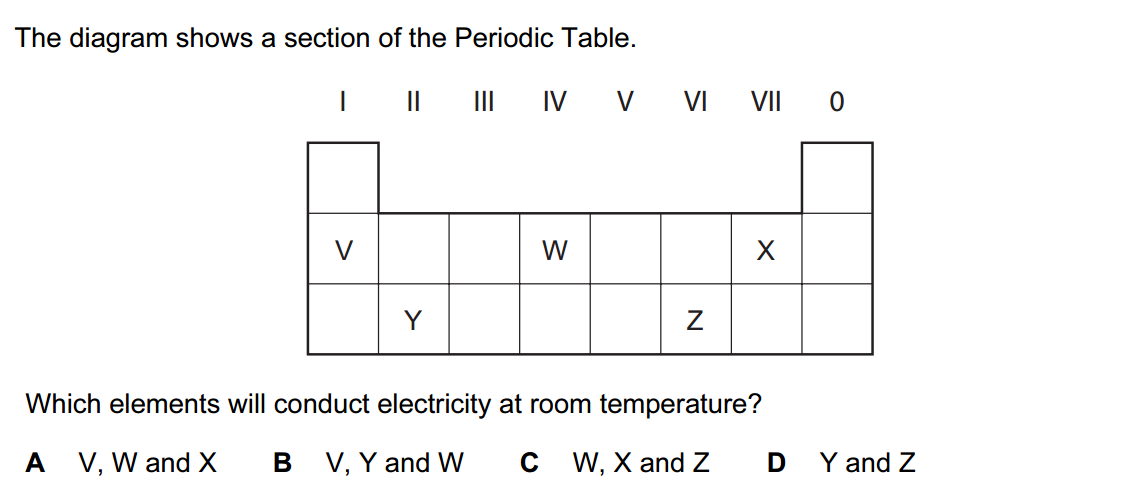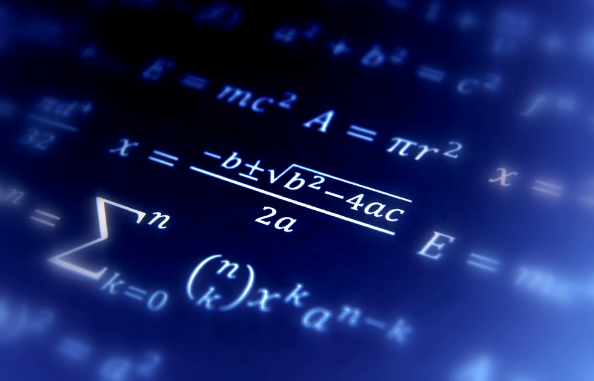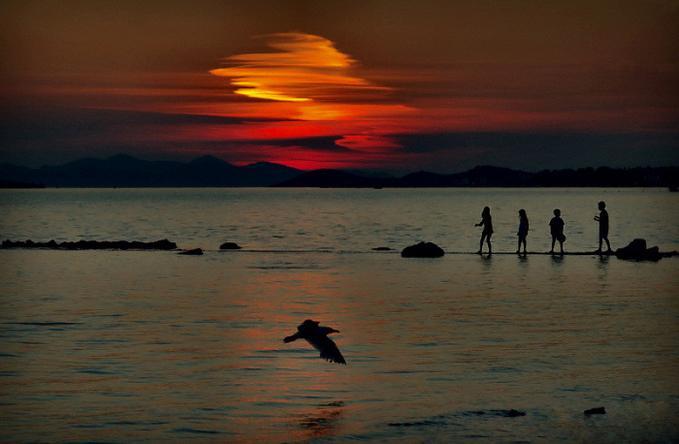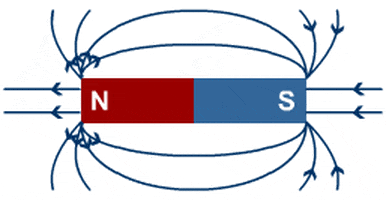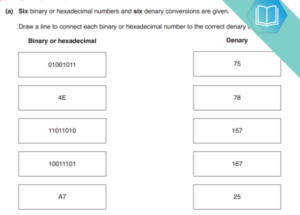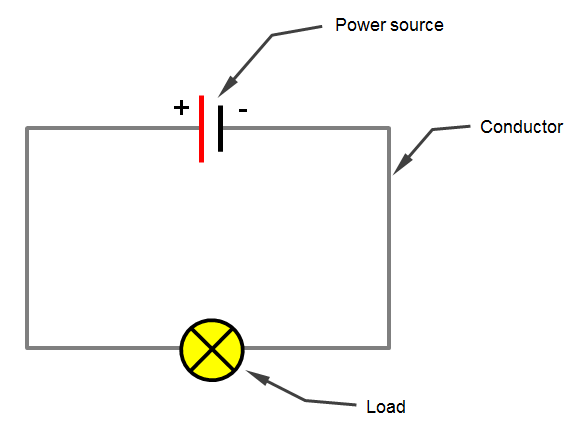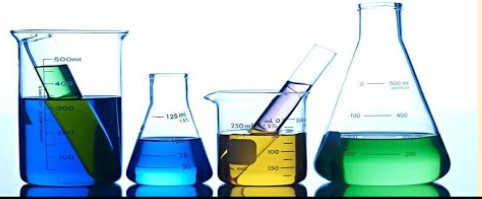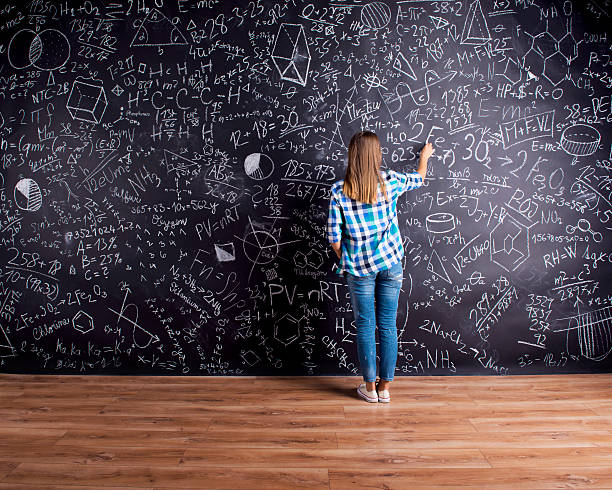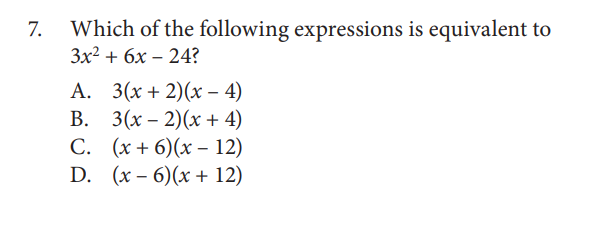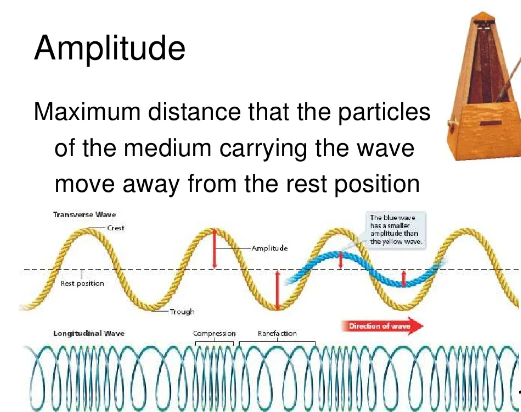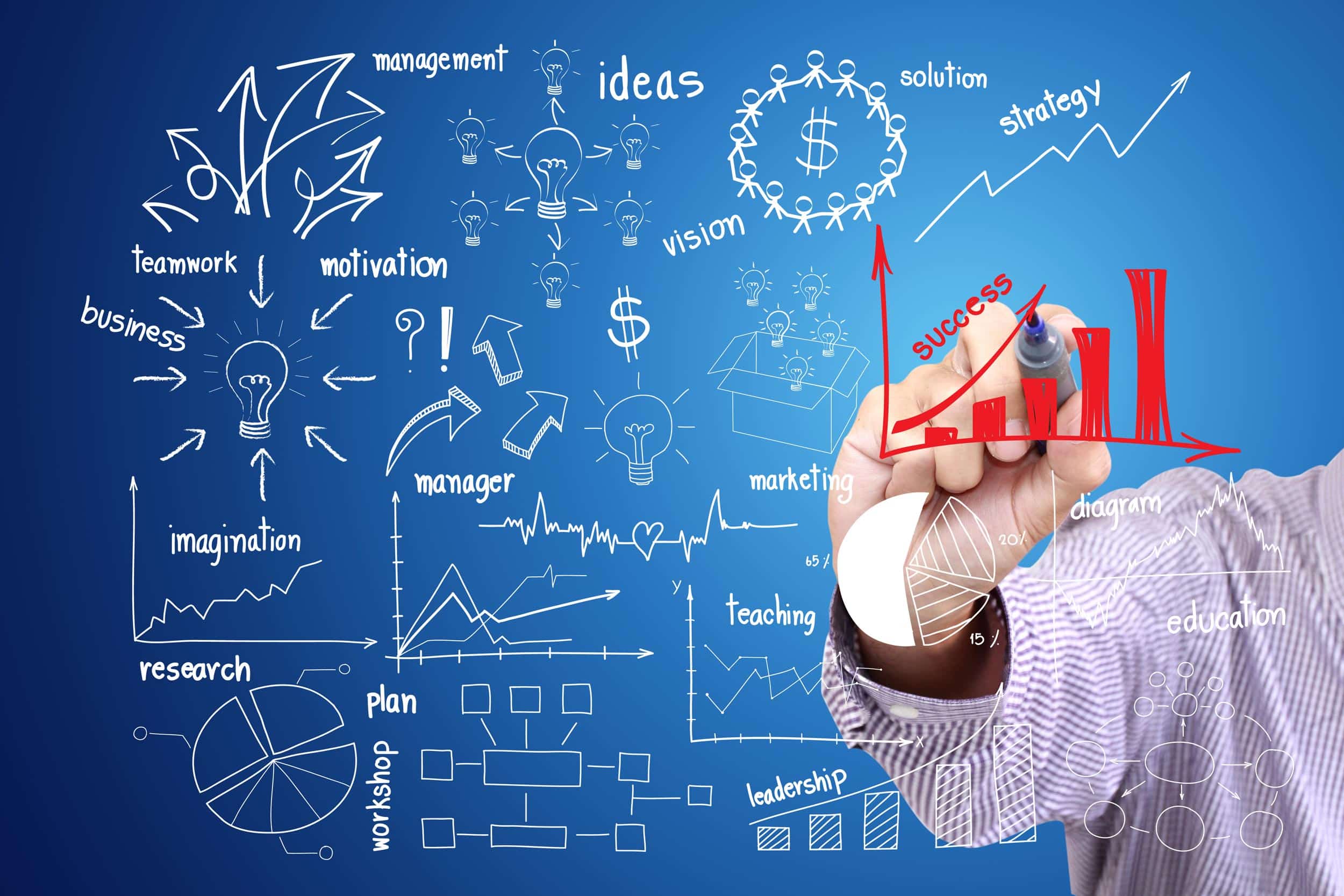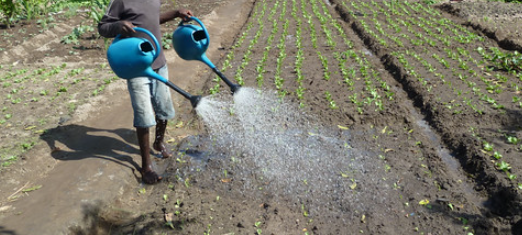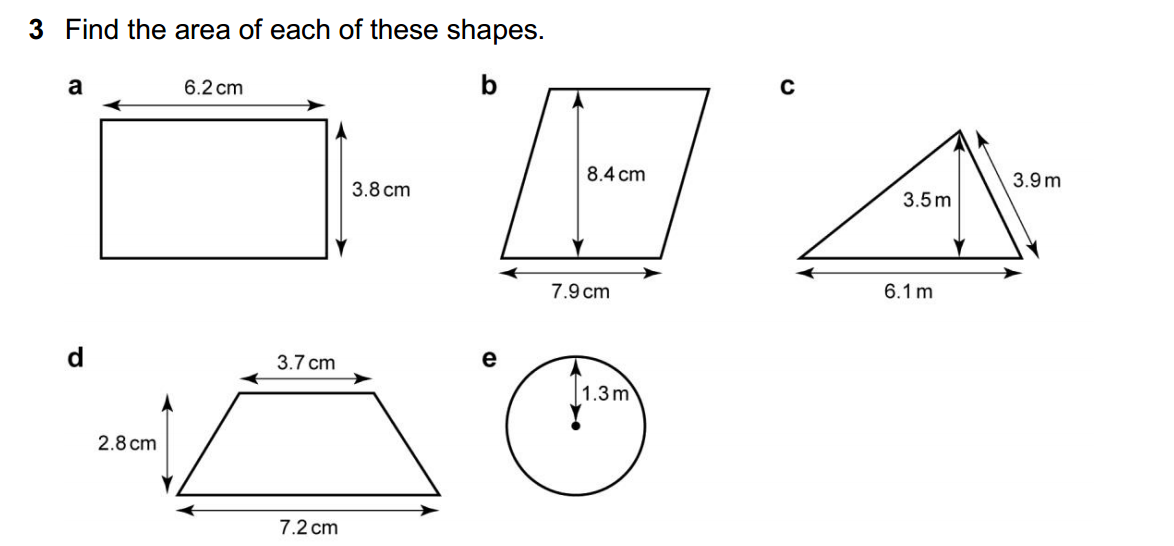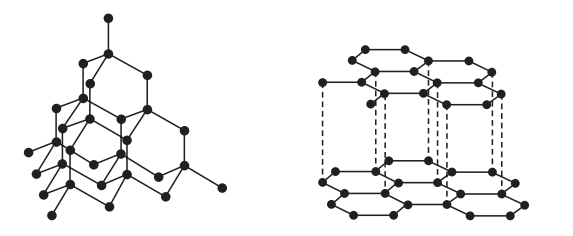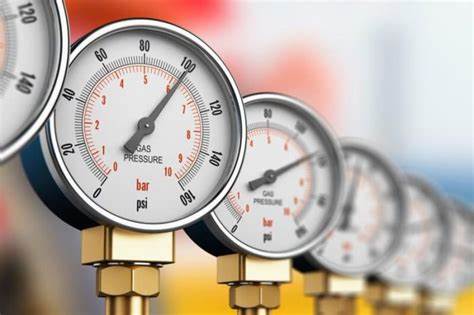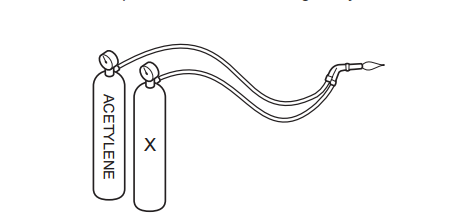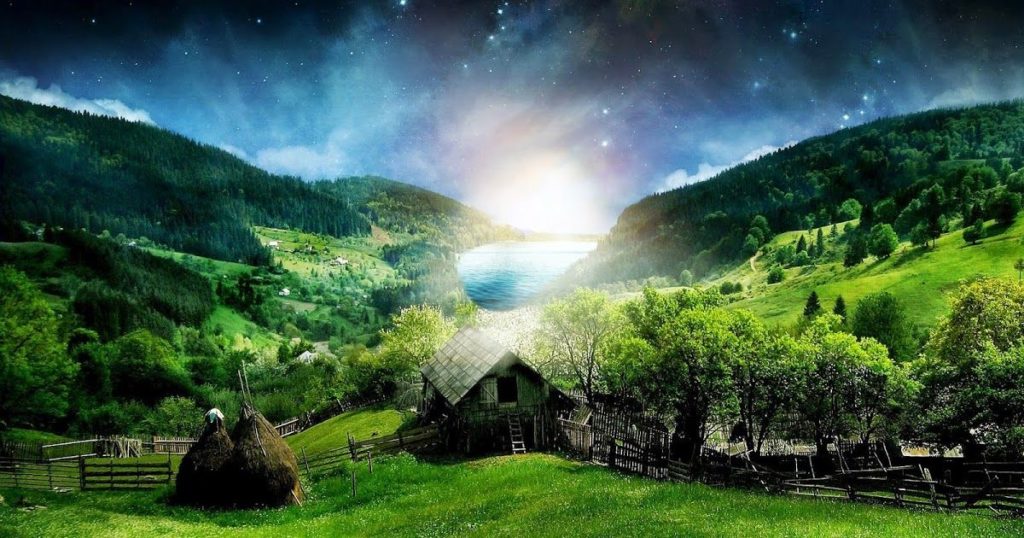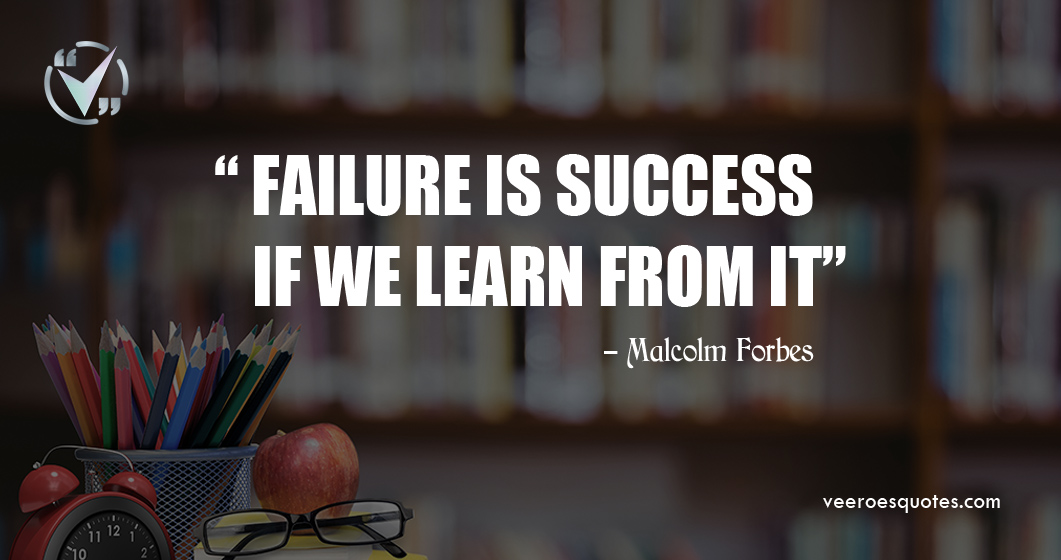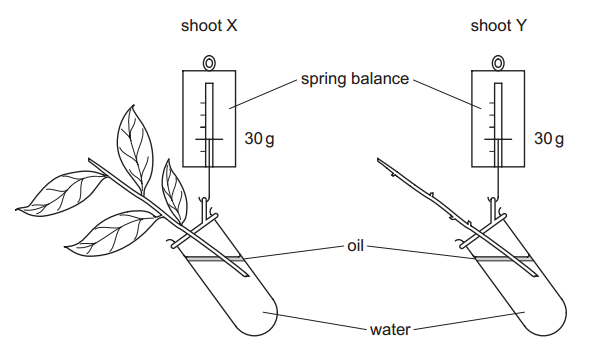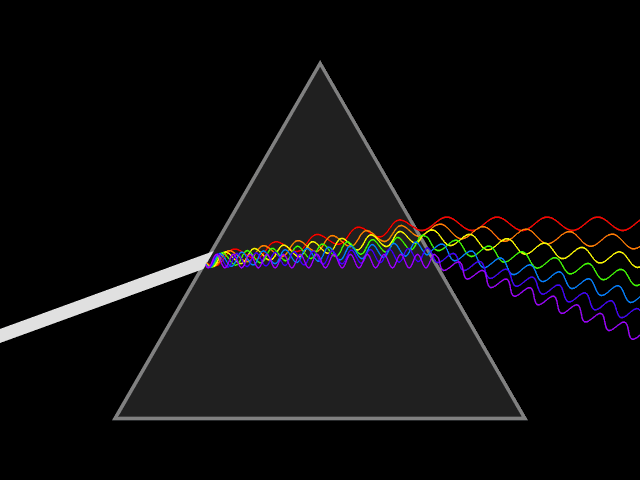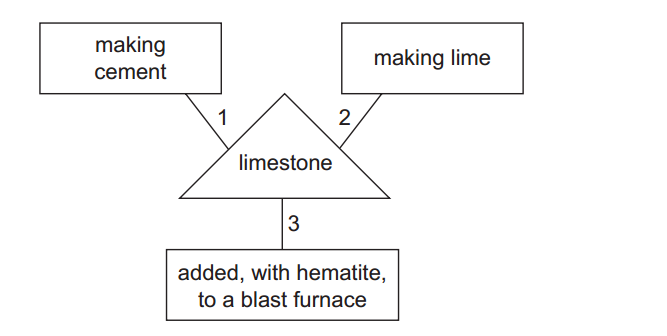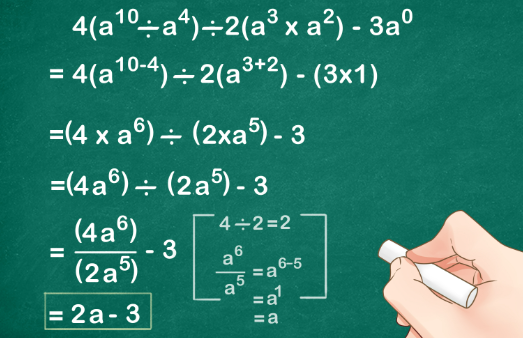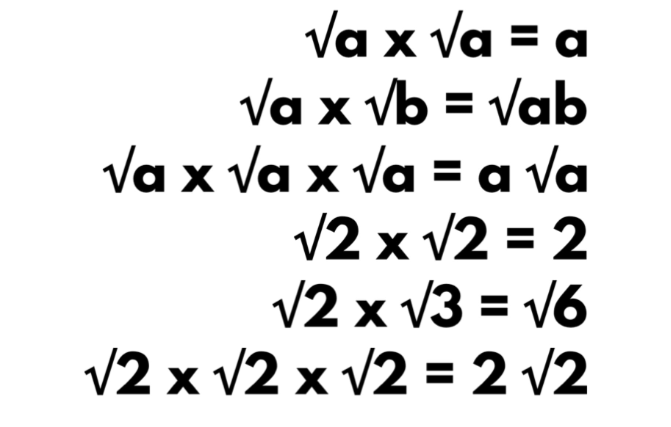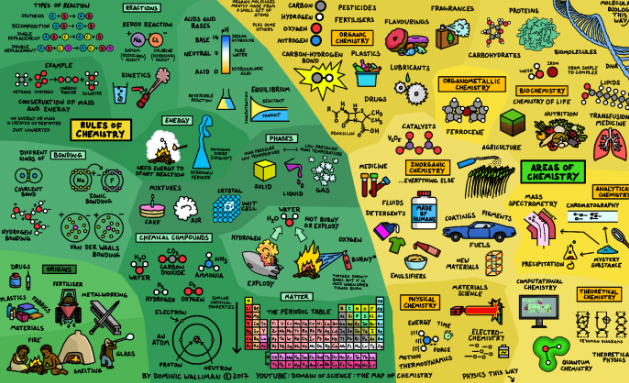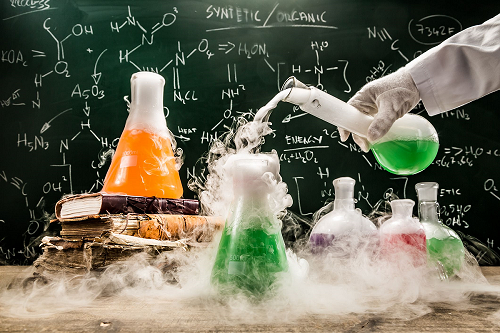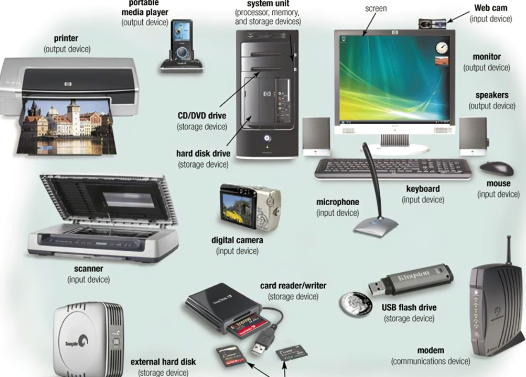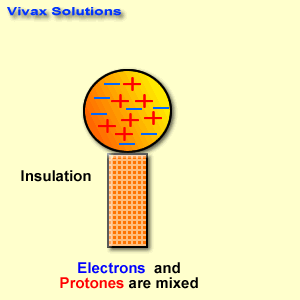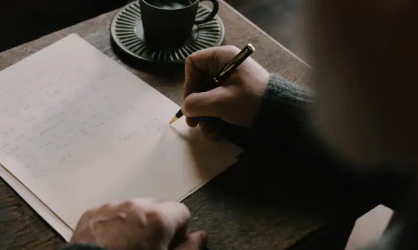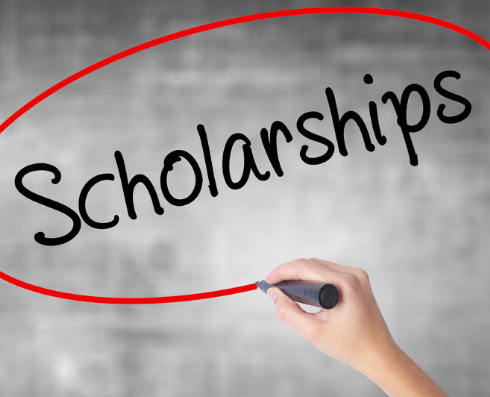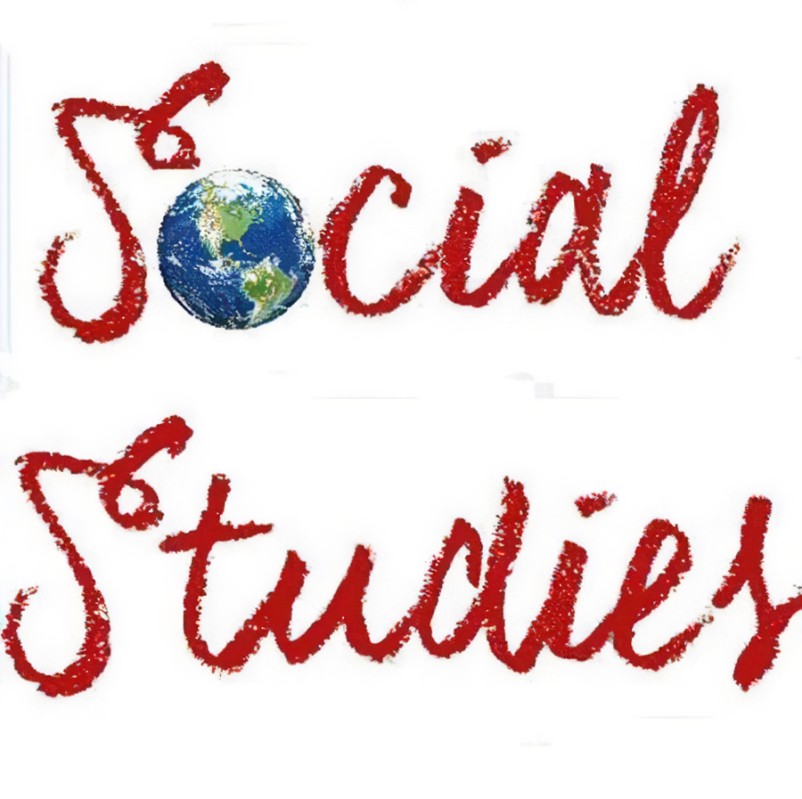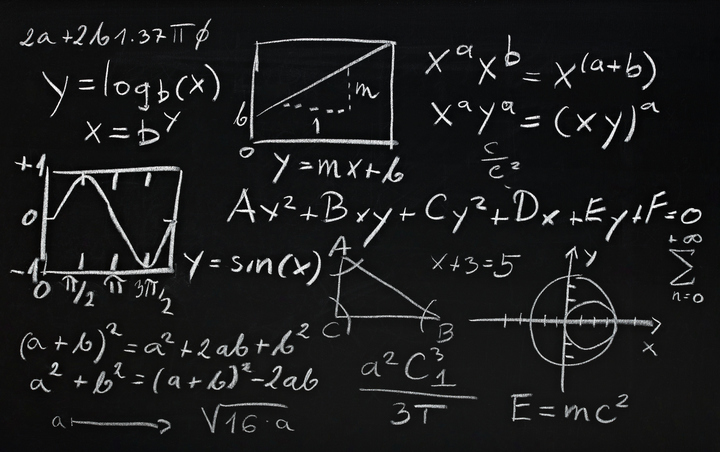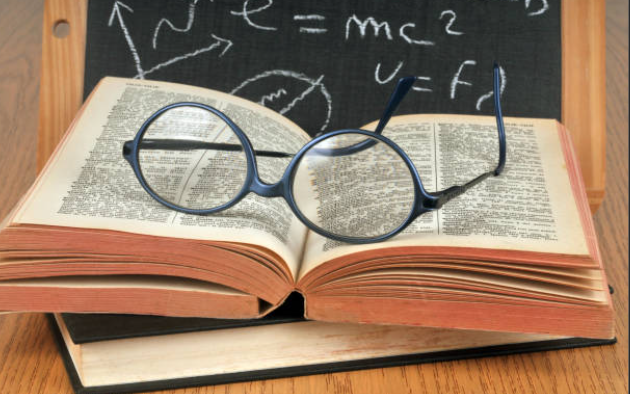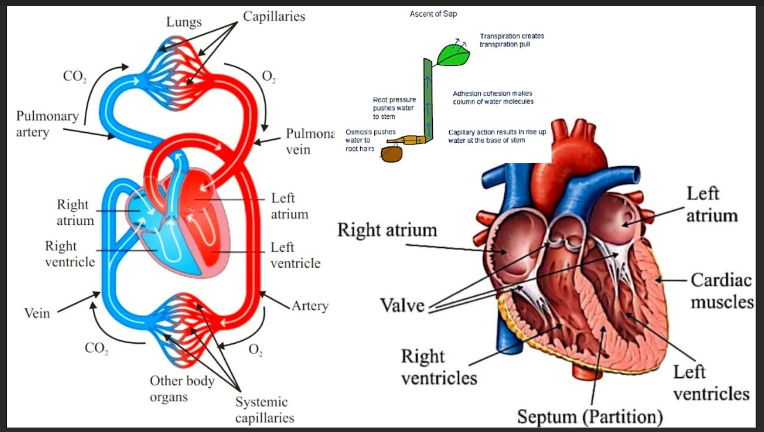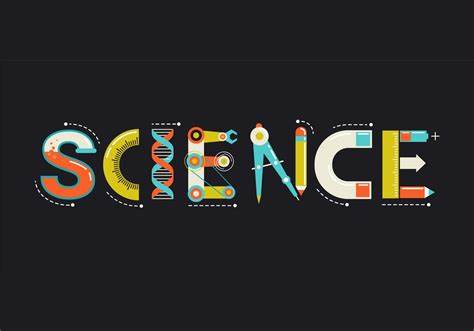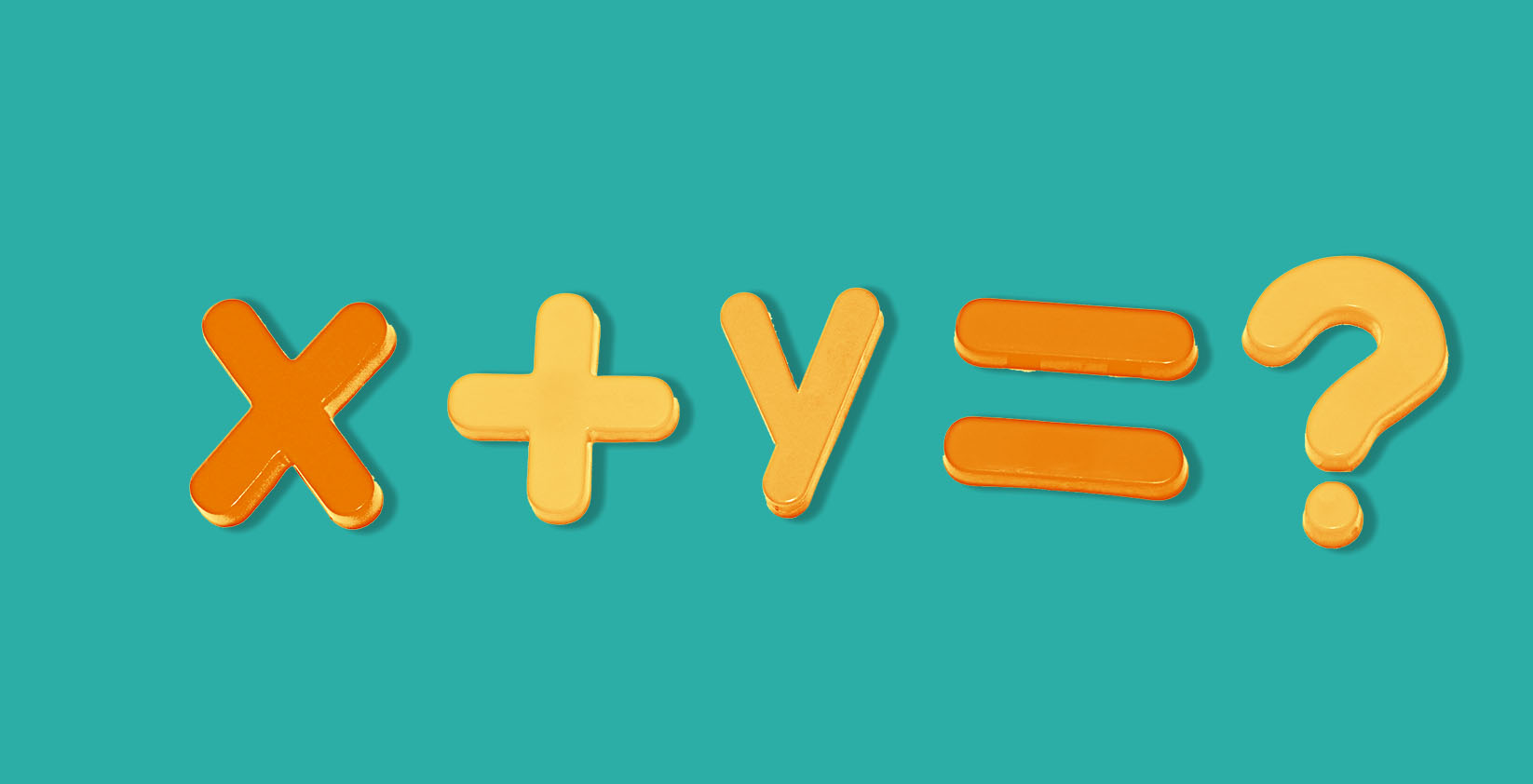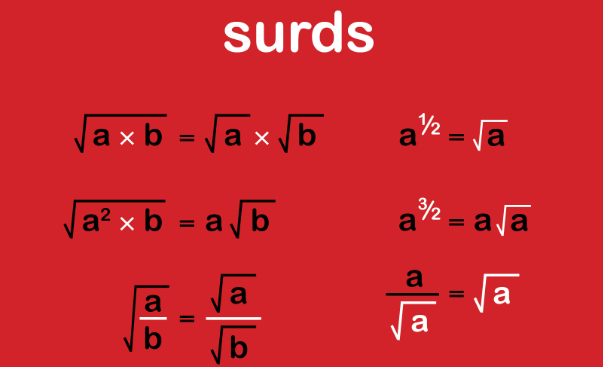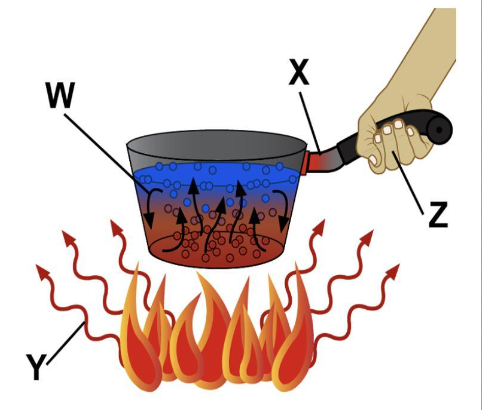SST stands for Social Studies (SST). Social Studies is an academic discipline that encompasses various subjects such as history, geography, civics, economics, and sociology. It focuses on the study of human society, its interactions, cultures, institutions, and the relationships between individuals, communities, and nations. The purpose of Social Studies is to provide students with a comprehensive understanding of the world they live in, its past, present, and future. It helps students develop critical thinking skills, analyze information, make informed decisions, and participate actively in their communities. Through the study of Social Studies, students learn about different cultures, societies, and their values, beliefs, and practices. They explore historical events, geographic features, political systems, economic principles, and social issues. Social Studies also promotes citizenship education by fostering civic responsibility, cultural awareness, and global understanding. Overall, SST (Social Studies) plays a crucial role in shaping students' knowledge, skills, and attitudes, enabling them to become informed, engaged, and responsible citizens in a diverse and interconnected world.
- The term “egalitarian” refers to a society that values: a) Equality b) Hierarchy c) Individualism d) Authoritarianism
- The Nile River is located in which continent? a) Africa b) Asia c) South America d) Europe
- The capital of France is: a) London b) Paris c) Rome d) Berlin
- The process of changing raw materials into finished products is known as: a) Manufacturing b) Agriculture c) Mining d) Construction
- The economic system where the means of production are privately owned is called: a) Socialism b) Capitalism c) Communism d) Fascism
- The Great Barrier Reef is located in which country? a) Australia b) Brazil c) Mexico d) India
- The term “globalization” refers to: a) The spread of diseases b) The integration of economies and cultures worldwide c) The increase in natural disasters d) The decline of international trade
- The Renaissance was a period of cultural and intellectual growth in: a) Ancient Greece b) Ancient Rome c) Medieval Europe d) Ancient Egypt
- The largest ocean in the world is: a) Atlantic Ocean b) Indian Ocean c) Pacific Ocean d) Arctic Ocean
- Which country is known as the “Land of the Rising Sun”? a) China b) Japan c) South Korea d) Thailand
- The political system in which power is held by a single ruler is called: a) Democracy b) Monarchy c) Oligarchy d) Theocracy
- The Declaration of Independence was signed in: a) 1776 b) 1789 c) 1865 d) 1945
- The concept of “supply and demand” is a fundamental principle in which economic system? a) Traditional economy b) Market economy c) Command economy d) Mixed economy
- The Seven Wonders of the Ancient World included the: a) Great Wall of China b) Taj Mahal c) Colosseum d) Hanging Gardens of Babylon
- Which of the following is not a renewable energy source? a) Solar power b) Wind power c) Coal d) Hydroelectric power
- The Berlin Wall separated which two countries? a) Germany and France b) Germany and Poland c) East Germany and West Germany d) Germany and Austria
- The United Nations (UN) was established in: a) 1945 b) 1776 c) 1914 d) 1989
- The system of segregation and discrimination in South Africa was called: a) Apartheid b) Communism c) Fascism d) Imperialism
- The first man to walk on the moon was: a) Neil Armstrong b) Buzz Aldrin c) Yuri Gagarin d) Alan Shepard
- The exchange of goods and services without using money is known as: a) Barter b) Trade c) Commerce d) Currency
- The process of taking private property for public use, with compensation to the owner, is called: a) Eminent domain b) Inheritance c) Annexation d) Nationalization
- The Cold War was a period of political tension between: a) The United States and the Soviet Union b) Germany and France c) China and India d) North Korea and South Korea
- The world’s largest democracy is: a) China b) India c) United States d) Russia
- The currency of Japan is called: a) Yuan b) Yen c) Euro d) Rupee
- The process of acquiring knowledge, skills, and attitudes through teaching and learning is called: a) Education b) Communication c) Socialization d) Development
- The capital of Russia is: a) Moscow b) St. Petersburg c) Berlin d) Rome
- The Industrial Revolution began in which country? a) United States b) United Kingdom c) France d) Germany
- The theory of evolution was proposed by: a) Charles Darwin b) Albert Einstein c) Isaac Newton d) Nikola Tesla
- The first permanent English settlement in North America was: a) Jamestown b) Plymouth c) Roanoke d) Boston
- The theory that the Earth revolves around the Sun is known as: a) Heliocentrism b) Geocentrism c) Solarism d) Astrology
- The concept of “checks and balances” is a key principle in which form of government? a) Monarchy b) Democracy c) Dictatorship d) Oligarchy
- The process by which water vapor turns into liquid water is called: a) Condensation b) Evaporation c) Precipitation d) Transpiration
- The International Space Station (ISS) is a joint project involving: a) United States, Russia, and China b) United States, European Union, and Japan c) United States, Russia, Canada, and European countries d) United States, Russia, and India
- The theory that continents were once joined together and have since drifted apart is called: a) Continental drift b) Plate tectonics c) Geological erosion d) Volcanic activity
- The World War II began in: a) 1939 b) 1914 c) 1945 d) 1941
- The first woman to win a Nobel Prize was: a) Marie Curie b) Mother Teresa c) Amelia Earhart d) Rosa Parks
- The economic system in which the government owns and controls key industries is called: a) Socialism b) Capitalism c) Communism d) Fascism
- The ancient Greek city-state known for its emphasis on democracy and philosophy was: a) Athens b) Sparta c) Troy d) Rome
- The longest river in South America is: a) Amazon River b) Nile River c) Mississippi River d) Rio Grande
- The Declaration of the Rights of Man and Citizen was a key document during which historical event? a) French Revolution b) American Revolution c) Russian Revolution d) Industrial Revolution
- The concept of “supply and demand” is a fundamental principle in which economic system? a) Traditional economy b) Market economy c) Command economy d) Mixed economy
- The Seven Wonders of the Ancient World included the: a) Great Wall of China b) Taj Mahal c) Colosseum d) Hanging Gardens of Babylon
- Which of the following is not a renewable energy source? a) Solar power b) Wind power c) Coal d) Hydroelectric power
- The Berlin Wall separated which two countries? a) Germany and France b) Germany and Poland c) East Germany and West Germany d) Germany and Austria
- The United Nations (UN) was established in: a) 1945 b) 1776 c) 1914 d) 1989
- The system of segregation and discrimination in South Africa was called: a) Apartheid b) Communism c) Fascism d) Imperialism
- The first man to walk on the moon was: a) Neil Armstrong b) Buzz Aldrin c) Yuri Gagarin d) Alan Shepard
- The exchange of goods and services without using money is known as: a) Barter b) Trade c) Commerce d) Currency
- The process of taking private property for public use, with compensation to the owner, is called: a) Eminent domain b) Inheritance c) Annexation d) Nationalization
- The Cold War was a period of political tension between: a) The United States and the Soviet Union b) Germany and France c) China and India d) North Korea and South Korea
Remember, the correct answers to the questions are as follows: 1. a, 2. a, 3. b, 4. a, 5. b, 6. a, 7. b, 8. c, 9. c, 10. b, 11. b, 12. a, 13. b, 14. d, 15. c, 16. c, 17. a, 18. a, 19. a, 20. a, 21. a, 22. a, 23. b, 24. b, 25. a, 26. a, 27. b, 28. a, 29. a, 30. a, 31. b, 32. a, 33. c, 34. a, 35. a, 36. a, 37. a, 38. a, 39. a, 40. a, 41. b, 42. d, 43. c, 44. c, 45. a, 46. a, 47. a, 48. a, 49. a, 50. a.



